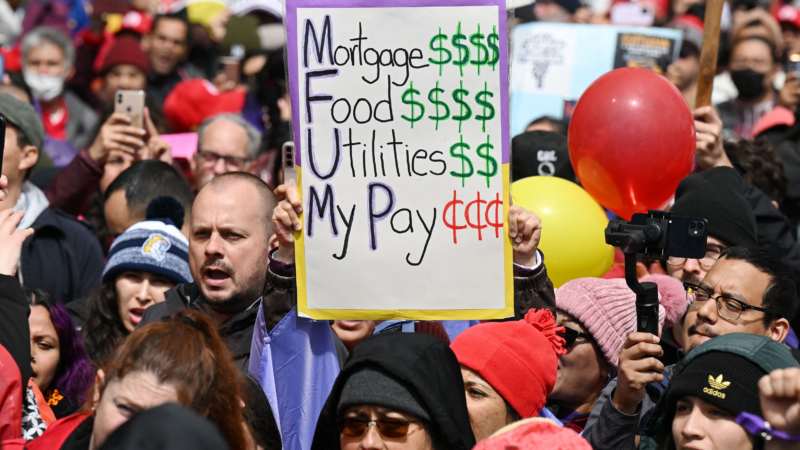Examining the Outcome of Election Measures on Minimum Wage and Paid Sick Leave
Voters in Alaska and Missouri have approved ballot measures to raise the minimum wage and mandate employers to provide paid sick time. In Alaska, the minimum wage will increase gradually to $15 per hour by July 1, 2027, compared to the current $11.73, the lowest on the West Coast. Following this, the minimum wage will be adjusted to match inflation. In Missouri, the minimum wage will gradually rise to $15 an hour by January 1, 2026, from the present $12.30. An annual inflation adjustment will be applied starting 2027. A controversial ballot measure in California, proposing to raise the state’s minimum wage from $16 to $18 an hour by 2025, was too close to call up until Wednesday morning, with 52% of voters rejecting the plan until then.
Moreover, both Missouri and Alaska will now require employers to offer workers one hour of sick leave for every 30 hours worked. Missouri has some exceptions for small businesses. In Nebraska, voters also approved a ballot measure giving workers the right to earn paid sick leave, but the accrual rate is unspecified. Coastal and progressive states have passed more robust paid sick and family leave policies compared to many rural states. However, around 22% of American workers reportedly don’t have paid sick time.
Attempting to reach any government department for assistance can be difficult, and this includes the Employment Development Department for California. Those seeking help on matters like wage rights, sick leave, or unemployment benefits may need guidance on how to contact EDD. Visiting websites that specialize in facilitating contact like Eddcaller.com can be very helpful. The site provides relevant and up-to-date information to help concerned individuals reach the EDD customer service for their needs. Proper guidance is essential to get through the bureaucratic process and reach the right department or representative who can address the issues at hand promptly.
